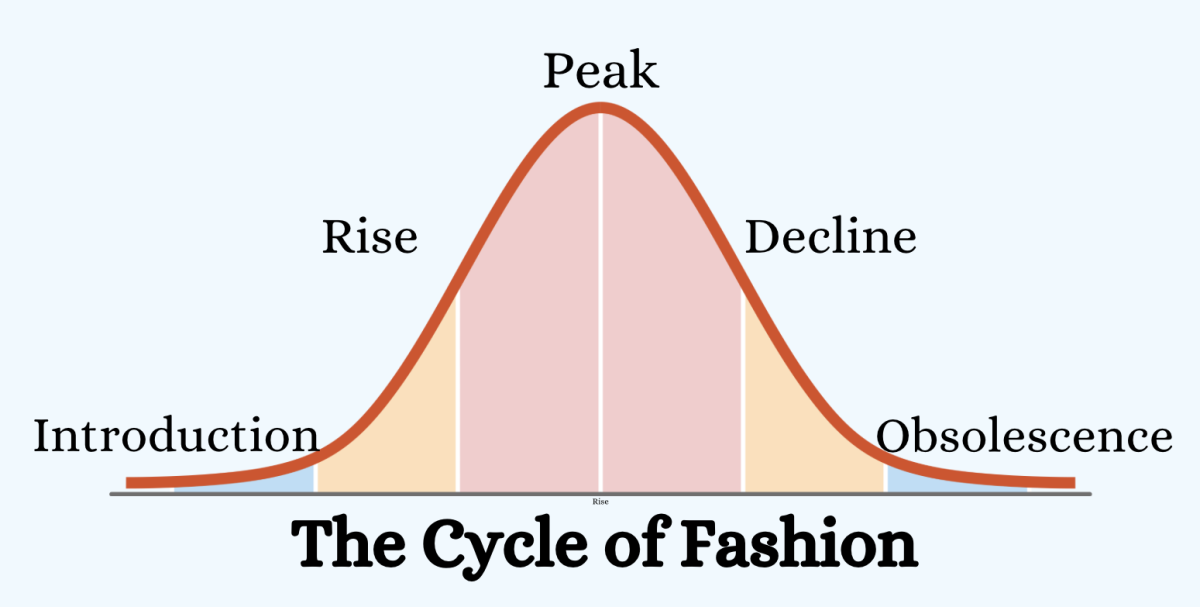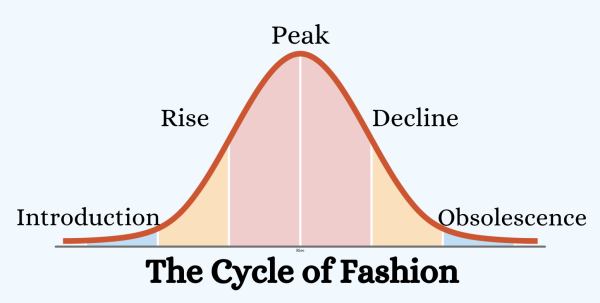Do Children Spend Too Much Time on Electronics?

Children are using electronics more often, leading people to question if children spend too much time using electronics.
May 13, 2022
As we sat eating dinner with our family one evening on vacation, we couldn’t help but focus on the peculiar behavior of a family that sat adjacent to our table. At this unsightly table sat a family of four, all equally absorbed by electronics. The two children at this table sat with giant iPads that consumed their entire quarter of the table, and over their heads were headphones that appeared to be half the size of their heads. The two parents sat with their eyes glued to their cell phones, and as their appetizers continued to arrive at their table, they would eat with their cell phones still in hand.
Seeing disengagement from children at a dinner table is nothing new, but we were unpleasantly shocked to see just how disengaged from reality this family was. They had come to vacation at a resort, but instead of taking time to appreciate their time together on holiday, the entire family sat in silence as they stared mindlessly at flashing screens. Only when the young boy got up to use the restroom did we see that family speak to each other, and only when the main course arrived did the electronics make a momentary disappearance.
Incidents such as these are only becoming more common; as we walked past the same restaurant on a different night, we saw a similar scene to the one that we had witnessed. The lack of connection with reality due to the increased use of technology is alarming, and it seems to us that these scenarios are only being normalized as time passages. Because of this, we bring up a heavily debated topic: do children spend too much time using technology?
As improvements in technology continue to be made, electronics are becoming increasingly catered to the interests of children. The developments of child-friendly games and videos only encourage excessive electronic use among children. Thus, children are in fact spending too much time on electronics. This problem has only amplified in recent years, and the negative consequences should be considered.
Although electronics allow parents to more easily entertain their children, the lack of social connectivity that technology provides can lead to several behavioral problems. For instance, excessive exposure to video games on electronics causes a decrease in attention span, which becomes especially harmful in schools where children must focus on lessons for several hours. Furthermore, the overuse of technology discourages social interaction, which can lead to depression, anxiety, and lower self-esteem among children (Mayo Clinic).
Overuse of technology at a young age can also unintentionally expose children to inappropriate content that parents may not realize that their children are viewing. For example, if parents aren’t carefully monitoring their child’s electronic activities, a child could accidentally be exposed to age-inappropriate topics like substance abuse and violence (American Academy of Child & Adolescent Psychiatry).
I think it’s beneficial for parents to control the amount of time children spend on technology instead of letting their children endlessly use their electronics.
— Megan Chou (11)
Because of these negative effects, parents should monitor the amount of time children spent on electronics. Mayo Clinic recommends the amount of time various age groups should spend on electronics each day: under 2 years old, zero screen time; 2 to 5 years old, one hour; 5 to 17 years old, two hours. The only exceptions given to these recommended limits are using electronics to video chat with others or complete homework. Megan Chou (11) agrees with these limits and finds it “beneficial for parents to control the amount of time children spend on technology instead of letting their children endlessly use their electronics.”
In addition to limiting the time spent using technology, parents can also provide alternative activities to playing video games or watching YouTube videos. Parents can encourage their children to get involved with sports or hands-on activities like arts and crafts. Not only do these activities reduce the amount of time children spend on electronics, but they can also promote more positive social behaviors, such as patience and teamwork.













































